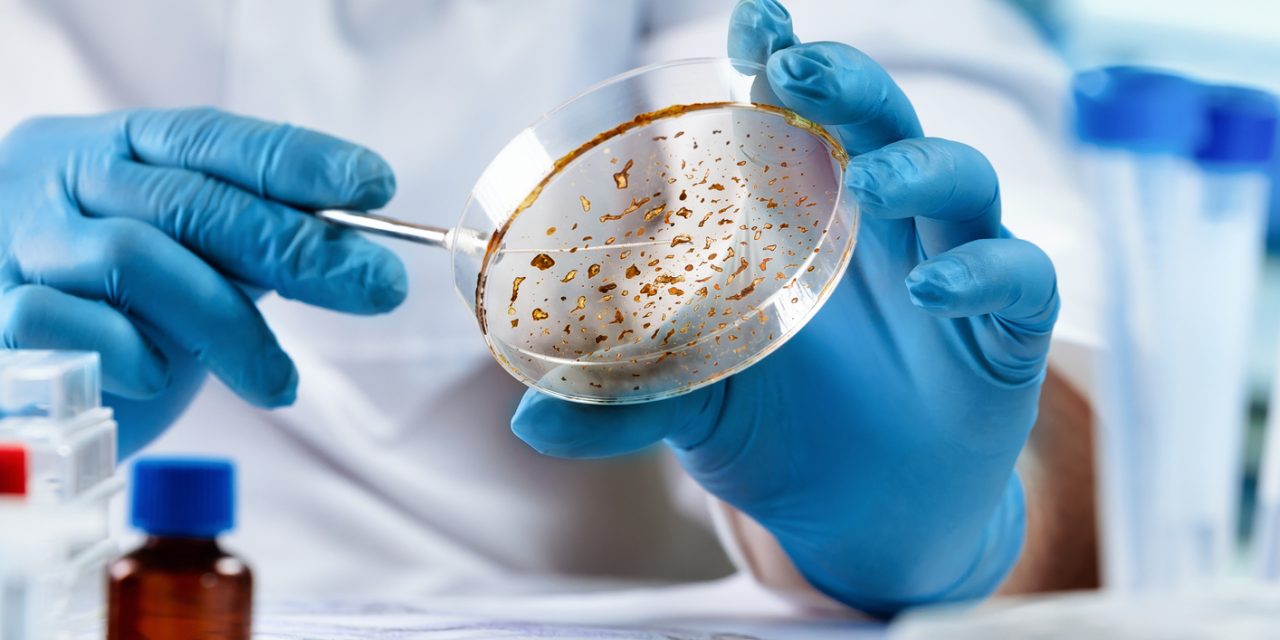The COVID-19 vaccine was designed to provide protection against infection by the severe respiratory coronavirus 2 (SARS-CoV-2) and coronavirus disease 2019 (COVID-19). However, the vaccine’s efficacy can be compromised in patients with immunodeficiencies or the vaccine-induced immunoprotection suppressed by other comorbidity treatments, such as chemotherapy or immunotherapy. To enhance the protective role of the COVID-19 vaccine, we have investigated a combination of the COVID-19 vaccination with ex vivo enrichment and large-scale expansion of SARS-CoV-2 spike glycoprotein-reactive CD4 and CD8 T cells.
SARS-CoV-2-unexposed donors were vaccinated with two doses of the BNT162b2 SARS-CoV-2 vaccine. The peripheral blood mononuclear cells of the vaccinated donors were cell culture-enriched with T cells reactive to peptides derived from SARS-CoV-2 spike glycoprotein. The enriched cell cultures were large-scale expanded using the rapid expansion protocol (REP) and the peptide-reactive T cells were evaluated.
We show that vaccination with the SARS-CoV-2 spike glycoprotein-based mRNA COVID-19 vaccine-induced humoral response against SARS-CoV-2 spike glycoprotein in all tested healthy SARS-CoV-2-unexposed donors. This humoral response was found to correlate with the ability of the donors’ PBMCs to become enriched with SARS-CoV-2 spike glycoprotein-reactive CD4 and CD8 T cells. Using an 11-day REP, the enriched cell cultures were expanded nearly 1000-fold, and the proportions of the SARS-CoV-2 spike glycoprotein-reactive T cells increased.
These findings show for the first time that the combination of the COVID-19 vaccination and ex vivo T cell large-scale expansion of SARS-CoV-2-reactive T cells could be a powerful tool for developing T cell-based adoptive cellular immunotherapy of COVID-19.
© 2021 The Authors. Immunity, Inflammation and Disease published by John Wiley & Sons Ltd.
SARS-CoV-2 spike glycoprotein-reactive T cells can be readily expanded from COVID-19 vaccinated donors.


